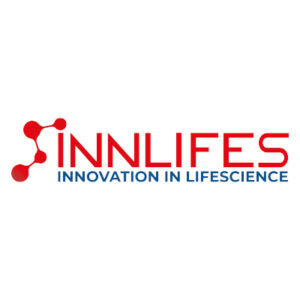The AI for Oncology Conference aims to equip participants with a comprehensive understanding of how advanced AI technologies are transforming cancer care and research. As AI innovation accelerates, its applications in oncology are becoming essential across the spectrum of diagnosis, treatment, and research. From integrating diverse datasets, such as multiomics, imaging, and clinical data, to advancing diagnostic precision, AI is enabling the discovery of patterns that traditional methods often overlook.
Participants will explore how AI-driven platforms are improving the integration of data, leading to more accurate diagnostics and personalized treatment approaches for cancers such as lung, breast, and colorectal cancers. Innovations in radiomics and digital pathology will also be highlighted, showcasing how AI enhances the analysis of imaging data and histopathology, particularly for challenging cancers like pancreatic, liver prostate, and head and neck tumors.
The conference will further delve into the role of AI in optimizing clinical research, from designing clinical trials to refining targeted therapies and immunotherapies.
Case studies will illustrate how AI is driving advances in cancer care, including applications in melanoma, NSCLC, and ovarian cancers, where predictive algorithms can identify the best treatment regimens, from adaptive radiation therapy to chemotherapy or immunotherapy dosing. The integration of Large Language Models and Foundation Models offers new ways to analyze clinical data, providing real-time, evidence-based recommendations that assist oncologists in selecting the most effective therapies, whether hormonal treatments for breast cancer or targeted/immunotherapy drugs for NSCLC or unknown primary tumors.
Additionally, the conference will emphasize the need for collaboration across healthcare providers, researchers, and industry partners, underscoring how such partnerships enhance diagnostic accuracy and treatment delivery for various cancer types, including breast, lung, and gastrointestinal cancers. Ultimately, the conference will provide a platform for participants to gain insights into cutting-edge AI advancements and how they can be applied to improve cancer diagnosis, treatment, and patient outcomes across a range of cancer types.
The shared knowledge and diverse experiences will enable clinicians, researchers, and technologists to further develop and implement innovative AI solutions in oncology.

OVERVIEW
FORMAT
The event will cover two days. The speakers will have a diverse background to reflect the spectrum of Artificial Intelligence research (and beyond), from Artificial Intelligence engineering experts, to clinicians and translational researchers, and hybrid figures such as clinical Artificial Intelligence specialists. Faculty members represent worldwide centers of excellence in the field. The attendance is expected to mirror this variety, along with participants with a more specific background in imaging and pathology.
The conference also includes poster sessions, with prizes for the best posters in various AI fields. Participants will also be encouraged to participate to a call for abstracts, with the opportunity to present their work in flash talks during the symposium.
UNDER THE AUSPICES OF
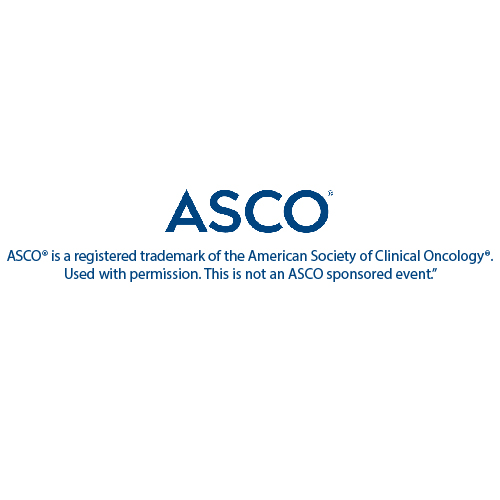
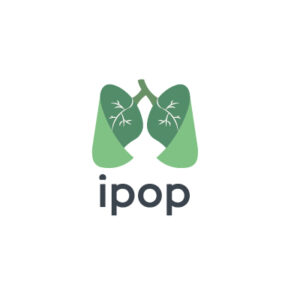
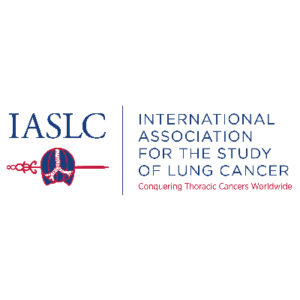
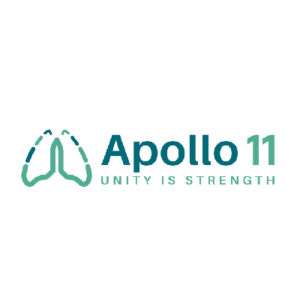
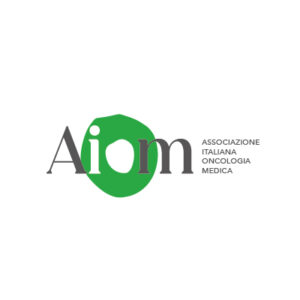
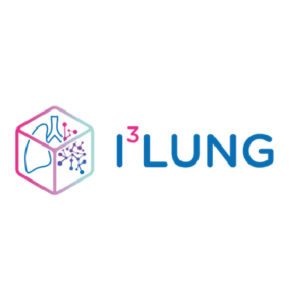
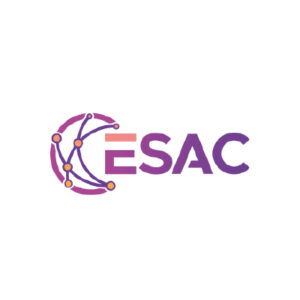
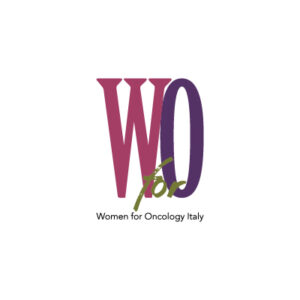
WITH THE UNCONDITIONAL SPONSORSHIP OF
GOLD SPONSOR
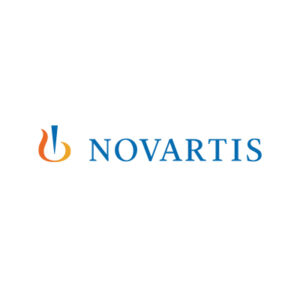
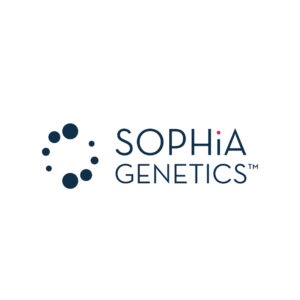
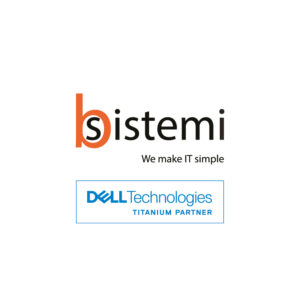
SILVER SPONSOR
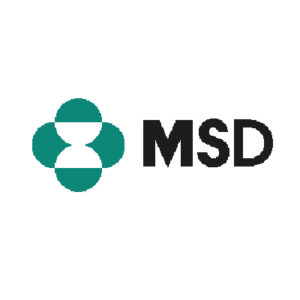
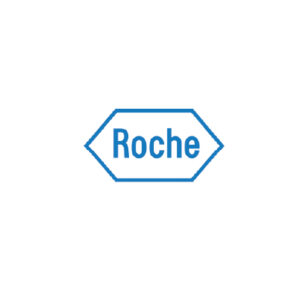
SPONSOR


Events Congress&Communication
Via Lotto 9, 60019 Senigallia, Italy
Tel. +39 071 7930220
Fax. +39 071 7938406
www.events-communication.net
segreteria@events-communication.com
